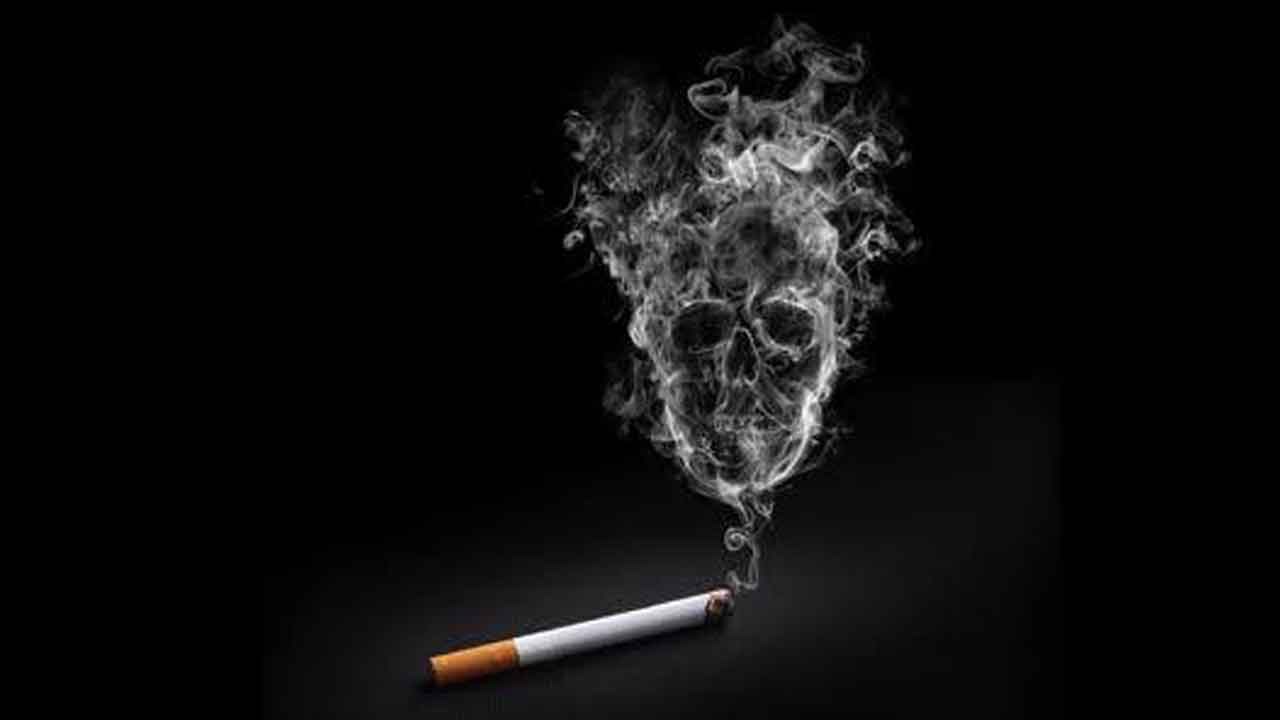If you're wondering why quitting smoking is crucial, the answer lies in the profound health repercussions it can trigger. Smoking has the potential to harm virtually every organ within your body, triggering a range of severe ailments and, in some cases, even resulting in loss of life. Choosing to quit smoking is the singular path to sidestep these adverse outcomes.
Key Points:
The Silent Predator: Smoking's Underlying Dangers
When we light a cigarette, we're inviting a toxic cocktail into our bodies. The smoke carries a multitude of chemicals, many of which are carcinogens and toxins that pose dire health risks. Nicotine, the addictive compound found in tobacco, triggers an immediate release of dopamine, contributing to the cycle of addiction. But the damage goes far beyond addiction.
The Grim Toll: Smoking-Related Diseases
Lung Cancer
An overwhelming 85% of lung cancer cases are directly attributed to smoking. The toxins in tobacco smoke assault lung tissue, prompting the uncontrolled growth of cancerous cells. Lung cancer claims more lives than breast, colon, and prostate cancers combined.
Cardiovascular Peril
Smoking heightens the risk of heart disease, stroke, and peripheral artery disease. The chemicals in smoke impair blood vessels, curtail oxygen supply to the heart, and contribute to arterial plaque buildup. The result is a higher likelihood of heart attacks and strokes, both of which can be fatal or severely debilitating.
COPD's Stranglehold
Chronic Obstructive Pulmonary Disease (COPD) includes conditions like chronic bronchitis and emphysema. Smoking wrecks the airways and air sacs, leading to labored breathing, chronic cough, and diminished lung capacity. COPD severely impacts quality of life and can lead to a slow and agonizing decline.
Infections Take Hold
Smokers are more susceptible to respiratory infections such as pneumonia and bronchitis, due to compromised immune responses and damaged lung function. Recovering from these infections becomes a grueling battle for the body.
Beyond Lungs: Cancer's Reach
Smoking is implicated in a range of cancers, from mouth, throat, and esophagus to pancreas, bladder, kidney, and cervix. These cancers are often aggressive and difficult to treat, further underscoring the urgency of quitting.
Diabetes and Reproductive Complications
Smoking amplifies the risk of type 2 diabetes and contributes to fertility issues, erectile dysfunction, and pregnancy complications. For expectant mothers, smoking can lead to preterm birth, low birth weight, and developmental problems.
Not Just a Solo Act: Secondhand Smoke
The ill effects of smoking extend beyond the individual. Secondhand smoke poses dangers to nonsmokers, particularly children, pregnant women, and those with preexisting health conditions. Even brief exposure to secondhand smoke can have immediate adverse effects on cardiovascular health and respiratory function.
While smokers subject themselves to a barrage of health risks, passive smokers—those exposed to secondhand smoke—are also caught in the crossfire. The risks they face, though not directly lighting the cigarette, are far from trivial:
Cardiovascular Risks
Passive smokers, especially children, face an increased risk of heart disease due to exposure to secondhand smoke. Their risk of heart attacks and other heart-related ailments rises significantly.
Respiratory Woes
The lungs of passive smokers become battlegrounds for the harmful chemicals released by burning tobacco. They are susceptible to respiratory infections, worsened asthma symptoms, and decreased lung function.
Cancer Vulnerability
Secondhand smoke contains carcinogens, which can increase the risk of lung cancer, particularly among those with prolonged exposure. It's an alarming reminder that being near a smoker isn't a risk-free situation.
Impact on Children
Children exposed to secondhand smoke are at risk of sudden infant death syndrome (SIDS), respiratory infections, and developmental issues. Pregnant women exposed to smoke can face complications during pregnancy.
Global Health Impact
The World Health Organization estimates that secondhand smoke is responsible for over 1 million premature deaths annually. This underscores the need to create smoke-free environments for everyone.
A Glimpse of Liberation: Quitting Smoking
While the health risks of smoking are daunting, quitting is a monumental step toward reclaiming well-being. Every minute without a cigarette marks a positive shift in your body's recovery. Here's a brief glance at the journey to liberation:
- Seek Support
Tap into healthcare professionals, support groups, and quitline services for guidance and encouragement. - Set a Date
Commit to quitting by choosing a specific date. Declare it as the day you regain control over your health. - Identify Triggers
Recognize what prompts your urge to smoke and devise strategies to counter them. Replace smoking with healthier habits. - NRT and Healthy Habits
Consider nicotine replacement therapy (NRT) options like patches, gum, or lozenges to manage withdrawal symptoms. Engage in regular physical activity, adopt balanced nutrition, and practice stress-reduction techniques to support your journey.
Quitting smoking is a profound act of self-care and empowerment. It's a decision that can reshape your health trajectory and lead to a future free from the chains of nicotine addiction. The road may be challenging, but the rewards for your well-being are immeasurable. Remember, you're not alone on this journey—there's a supportive community and a brighter, smoke-free path ahead.

